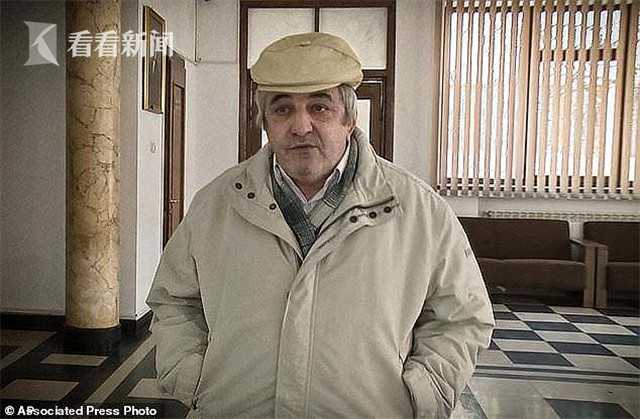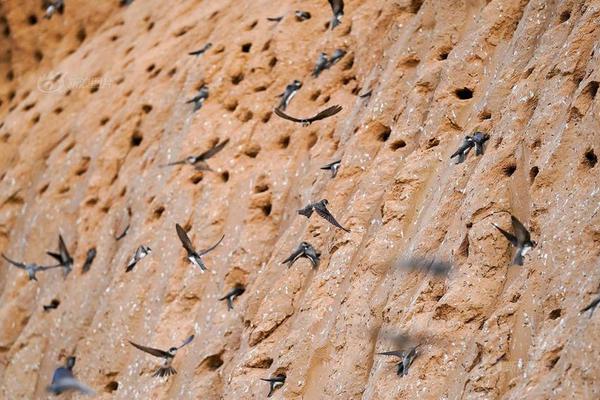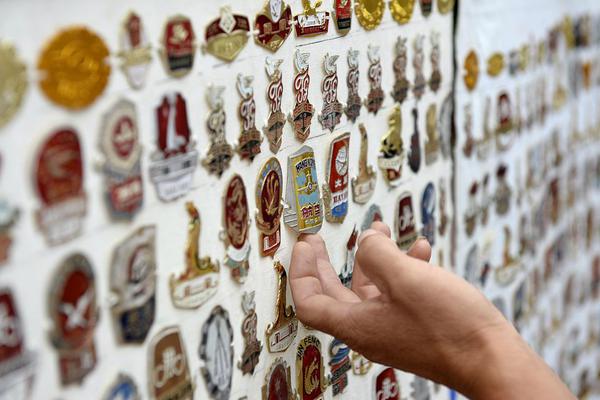Mo Farah and beastialty sex videoRafael Nadal are among the latest group of athletes who have had medical data released as part of the Fancy Bear hack into the World Anti-Doping Agency (WADA).
They were two of 26 athletes from 10 countries that WADA said were affected Monday, following the initial intrusion affecting Simone Biles and Serena Williams earlier this month.
SEE ALSO: Russian hackers leak confidential medical files of Olympic athletesBritish rower Helen Glover and American gymnast Laurie Hernandez were also featured in the latest batch, as were dozens of others from Argentina, Belgium, Burundi, Canada, Denmark, France, Hungary, Spain, the UK and the U.S.
Last week, 25 more including Chris Froome and Bradley Wiggins were named.
This Tweet is currently unavailable. It might be loading or has been removed.
The leaked data centers around therapeutic use exemptions (TUEs), which allow athletes to take banned substances for certain medical needs.
Mo Farah, the British runner who won gold in the men's 5,000 meter and 10,000 meter for a second time in Rio, had two TUEs, according to the leak.
In October 2008, he apparently used one to sanction his use of triamcinolone, which is used to treat conditions including eczema, arthritis and allergies, and in 2014 he received a TUE after he collapsed during training and was put on a drip.
Farah's spokesperson said he "doesn't have a problem with this information being released - as evidenced by the fact that he voluntarily shared his blood data with the Sunday Times last year. Mo's medical care is overseen at all times by British Athletics and over the course of his long career he has only ever had two TUEs."
WADA recommended a blanket ban on all Russian athletes at this year's Olympic Games in August after its independent report found evidence of a state-run "doping programme" over the "vast majority" of the Olympic sports.
These hacks appear to be an attempt to discredit athletes from other nations and suggest that doping is widespread elsewhere. Fancy Bear says that TUEs are "licenses for doping."
Not everyone agrees, however, and some athletes — including British heptathlete Kelly Sotherton — had no problem admitting they'd had TUEs.
This Tweet is currently unavailable. It might be loading or has been removed.
Most of the TUEs mentioned Monday were for asthma medication that no longer requires special permission, the BBC reports.
Russian president Vladimir Putin said Monday, according to the Associated Press, that while "we don't approve of the hackers' action, it has helped reveal that people, who took part in the Olympics and looked absolutely healthy, had taken banned medicines giving them an edge in competition."
WADA says it "is taking this situation concerning athlete privacy very seriously."
"The incident response team that we have assembled is actively working with law enforcement agencies in Canada and elsewhere, and acting on the intelligence obtained through our investigations to prevent any further intrusions."
Topics Cybersecurity Olympics
(Editor: {typename type="name"/})
 England vs. India 2025 livestream: Watch Test 1 of India Tour of England for free
England vs. India 2025 livestream: Watch Test 1 of India Tour of England for free
 Mermaid, vampire and zombie emoji are coming to your iPhone in 2017
Mermaid, vampire and zombie emoji are coming to your iPhone in 2017
 Lindsay Lohan's prank show sounds terrifying in the best way
Lindsay Lohan's prank show sounds terrifying in the best way
 Mermaid, vampire and zombie emoji are coming to your iPhone in 2017
Mermaid, vampire and zombie emoji are coming to your iPhone in 2017
Are Passwords Dead? What Are Passkeys, and Why Everyone's Talking About Them
Think your groceries are expensive? Japan has $27,000 melons.
 Imagine going into a high-end luxury store filled with sparkling display cases, security at every tu
...[Details]
Imagine going into a high-end luxury store filled with sparkling display cases, security at every tu
...[Details]
Donald Trump Jr. tweeted about the London attack — and got instantly dragged
 Politicians are often accused of trying to capitalise on terror attacks for their own agenda. So whe
...[Details]
Politicians are often accused of trying to capitalise on terror attacks for their own agenda. So whe
...[Details]
Lawmaker wants discrimination protection for climate deniers
 Well, this is a new one: A state lawmaker in Maine wants you to believe that climate change deniers
...[Details]
Well, this is a new one: A state lawmaker in Maine wants you to believe that climate change deniers
...[Details]
NYT Connections hints and answers for June 21: Tips to solve 'Connections' #741.
 Connectionsis the one of the most popular New York Times word games that's captured the public's att
...[Details]
Connectionsis the one of the most popular New York Times word games that's captured the public's att
...[Details]
Crush your soul with these children's books rewritten for a Trump presidency
 Curl up for reading time, America. (Hide under a blanket if you need to.)Teaching kids the ABCs of p
...[Details]
Curl up for reading time, America. (Hide under a blanket if you need to.)Teaching kids the ABCs of p
...[Details]
Fossil unveils two new Android Wear 2.0 smartwatches for its Q line
 Android Wear 2.0 is really starting to make its mark on the fashion world. Fossil, which has carved
...[Details]
Android Wear 2.0 is really starting to make its mark on the fashion world. Fossil, which has carved
...[Details]
Which iPad Model Should You Get?
Youngest Ed Sheeran fan immediately stops crying at sound of 'Shape of You'
 Ed Sheeran's popularity knows no bounds. His music resonates with people of all ages, even the young
...[Details]
Ed Sheeran's popularity knows no bounds. His music resonates with people of all ages, even the young
...[Details]
Wordle today: The answer and hints for June 23, 2025

'Shots Fired' is the most vital show on TV right now

接受PR>=1、BR>=1,流量相当,内容相关类链接。